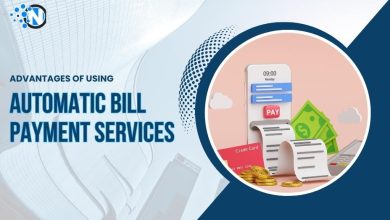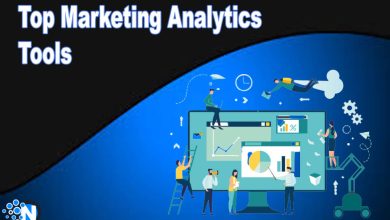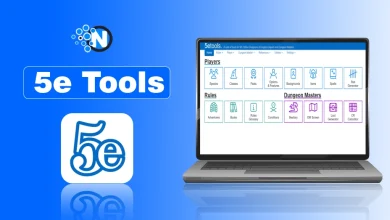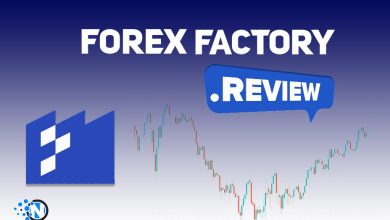Top 10 IoT Development Tools and Platforms for 2024
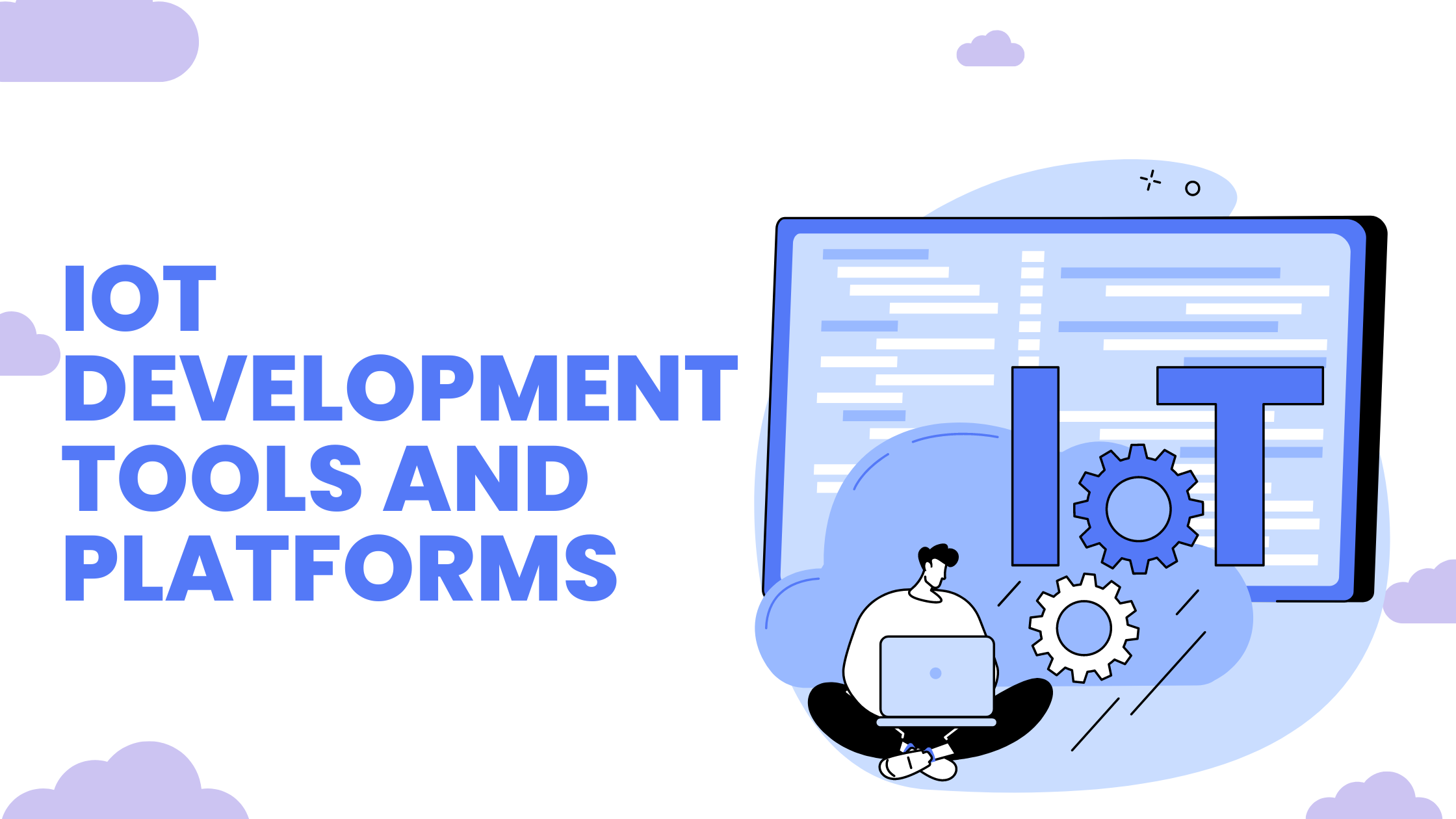
The Internet of Things (IoT) is transforming the way we interact with the world around us. The number of connected devices is increasing rapidly, and there is a need for robust and reliable IoT development tools & platforms to design innovative IoT solutions.
This article contains the top 10 IoT development tools and platforms for developers to create, deploy, and manage IoT applications.
What is IoT Development?
IoT (Internet of Things) development is creating software and hardware solutions for devices that can communicate and interact with each other through the Internet. IoT development requires skills in software programming, hardware design, and connectivity protocols to design final products. Developers must deeply understand the various IoT components, including sensors, actuators, microcontrollers, and communication technologies. The primary goal of IoT development is to create connected devices that can collect data, process it, and transmit it to other devices or the cloud for further analysis and decision-making.
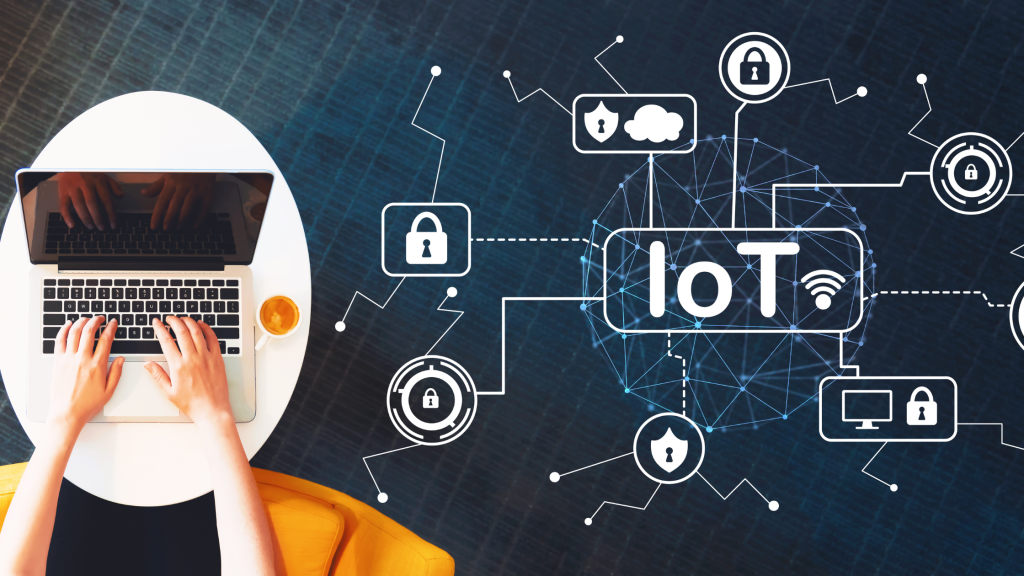
Top 10 IoT Development Tools and Platforms
1. Arduino
When it comes to IoT project prototype platforms, Arduino is unmatched. It’s perfect for both beginners and professionals because of its open-source nature, extensive community support, and intuitive Arduino IDE (Integrated Development Environment). With so many different microcontroller boards available from Arduino, you can select the ideal one for your project’s requirements. The vast collection of pre-written code and courses also makes development easier, allowing you to turn your ideas into reality swiftly.
While Arduino excels in prototyping, its resource limitations might not be suitable for complex, large-scale projects. However, it serves as a fantastic springboard for learning the fundamentals of IoT development.
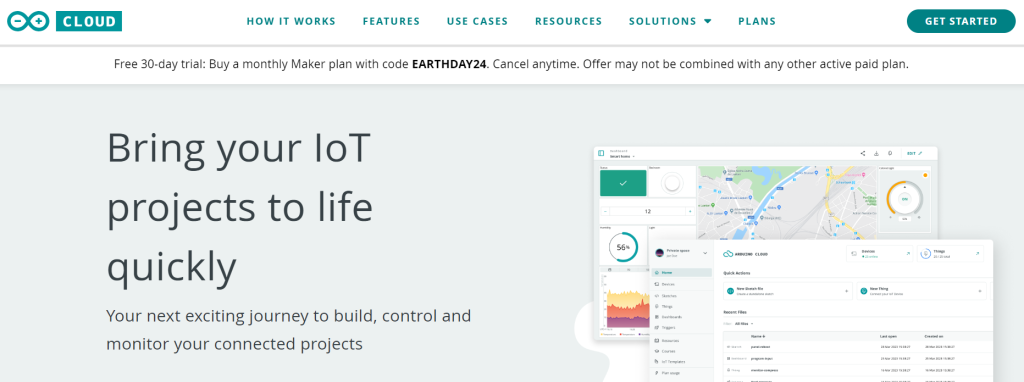
2. Raspberry Pi
The Raspberry Pi is a tiny computer, about the size of a credit card, with remarkable versatility and processing capability. The Raspberry Pi has a full operating system similar to Linux, enabling you to run a greater variety of software programmes, in contrast to Arduino, which is focused on microcontrollers. This makes it appropriate for intricate tasks needing greater processing power, like edge machine learning and data analysis.
Similar to Arduino, the Raspberry Pi community is thriving and offers a wealth of materials and tutorials. Its higher learning curve than that of Arduino, however, may be difficult for novices to navigate. In general, developers looking to create reliable and scalable Internet of Things applications will find that Raspberry Pi is a strong and adaptable platform.
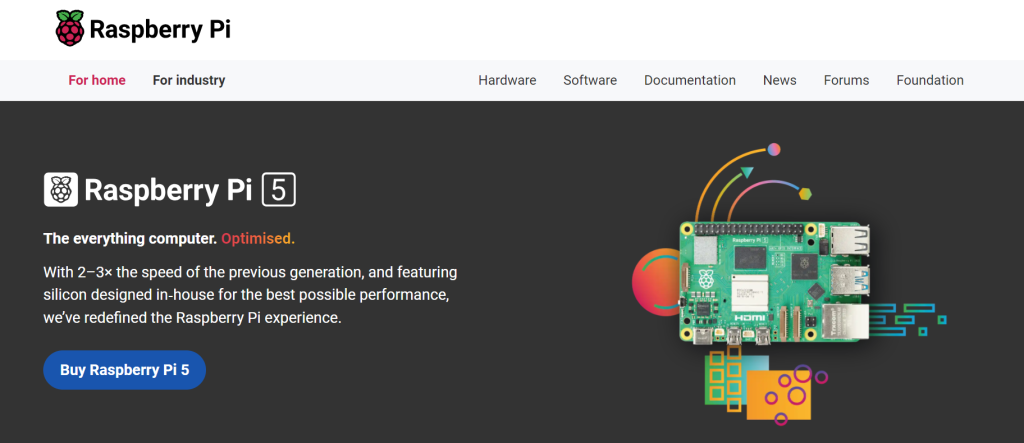
3. Node-RED
Node-RED is a visual programming environment created especially for Internet of Things development, perfect for individuals who are afraid of traditional coding. Users can link pre-built nodes that represent different functionalities like data processing, device connection, and user interfaces using this drag-and-drop interface.
Node-RED is a favorite among developers of all types because of its ease of use and interoperability with a wide range of hardware platforms and protocols. Its visual method, meanwhile, might make it less flexible for handling intricate programming jobs. However, Node-RED is still a great tool for quickly prototyping and designing user interfaces for your Internet of Things projects.
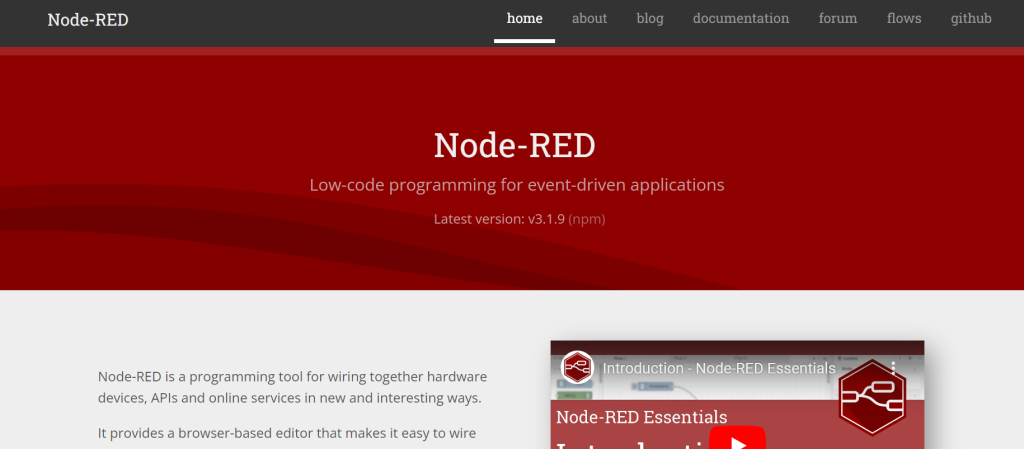
4. Eclipse IoT
Eclipse IoT is a comprehensive collection of open-source tools and frameworks specifically catered towards IoT development. Because of its modular design, developers can select the components that best fit their requirements. Eclipse provides tools for cloud integration, device management, data management, and networking protocols.
Compared to many proprietary platforms, Eclipse IoT’s open-source nature allows developers more customization options and control. Its versatility, however, may result in a higher learning curve since developers must skillfully combine various components. Eclipse IoT provides a strong array of tools for developing reliable IoT applications if you are accustomed to working with open-source development and are looking for a fully customizable solution.
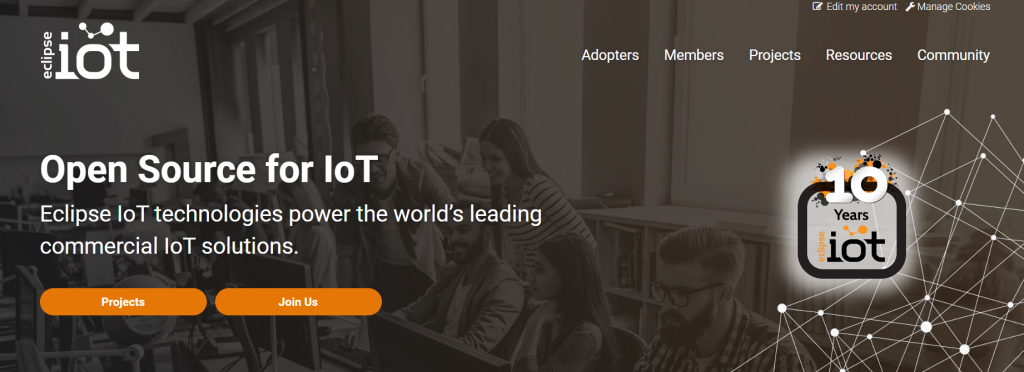
5. AWS IoT Core
One of the leading companies in cloud computing is Amazon Web Services (AWS), and its product AWS IoT Core is designed especially for IoT development. A range of services for connecting and managing IoT devices at scale are offered by this platform. Data intake, secure connectivity, and device provisioning are among the activities that make it easier. Furthermore, AWS IoT Core easily connects with analytics and machine learning technologies, among other AWS services, enabling you to extract significant insights from your IoT data.
The convenience and scalability of AWS IoT Core come at a cost. Subscription costs can mount up rapidly, particularly in the case of extensive implementations. AWS IoT Core, on the other hand, provides developers who are familiar with AWS with a strong and dependable platform for creating and maintaining their IoT infrastructure, should they be looking for a complete cloud-based solution.
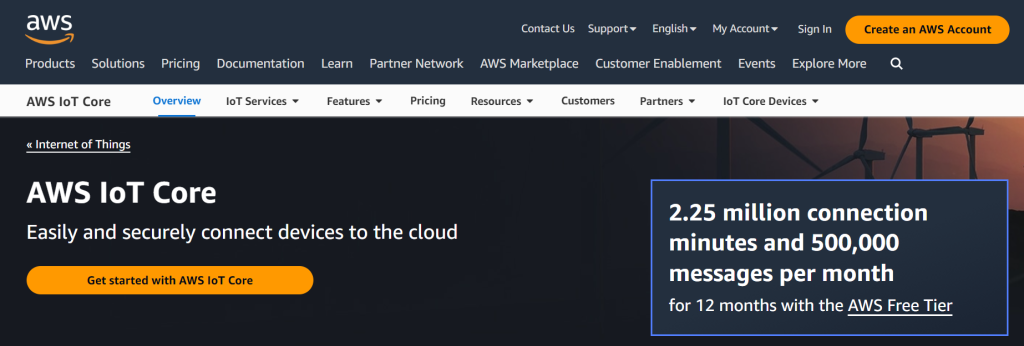
6. Microsoft Azure IoT Hub
Another well-known cloud provider with a strong IoT platform is Microsoft Azure. Azure IoT Hub offers device administration, secure communication, and data ingestion features, just like the features of AWS IoT Core. Azure also provides easy connectivity with other Microsoft services, such as Azure Machine Learning for advanced analytics and Power BI for data visualization.
The decision between Microsoft Azure IoT Hub and AWS IoT Core depends on personal taste and pre-existing cloud architecture. For extensive installations, both platforms have scalable features. When making a decision, take into account aspects like pricing structures, active memberships, and developer experience with each cloud environment.
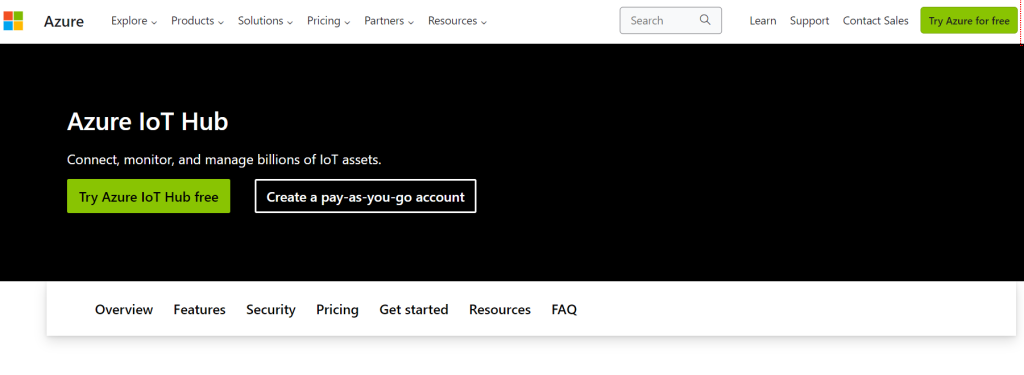
7. ThingsBoard
Some developers prefer the control and security of on-premise deployments, even though cloud-based solutions are more convenient. This need is met by the potent open-source IoT platform ThingsBoard. It offers every necessary feature for connecting and controlling the Internet of Things devices, such as rule engine capabilities, data visualization, and device registration.
Because ThingsBoard is open-source, it can be more customized and integrated with the current infrastructure. However, compared to cloud-based alternatives, it requires more technical know-how to set up and maintain. ThingsBoard is a great choice for developing safe and scalable on-premise IoT applications if you value control and data protection and have the necessary technical skills.
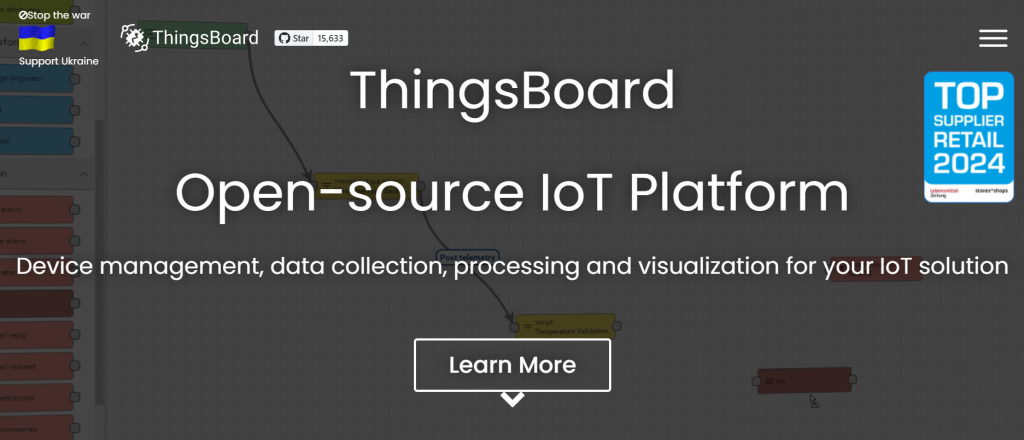
8. Particle
For many Internet of Things applications, especially those that need communication outside of Wi-Fi’s coverage area, cellular connectivity is essential. Particle provides developers with an attractive solution for cellular network development. It offers hardware modules already configured and a cloud platform that makes managing cellular connectivity easier. Particle removes the complexity associated with cellular protocols so programmers can concentrate on creating their apps.
Particle is a fantastic option for projects requiring data transmission over long distances or in remote regions because of its simplicity of usage and emphasis on cellular connectivity. However, when selecting Particle, keep in mind that recurrent charges like cellular connectivity subscription fees can mount up.
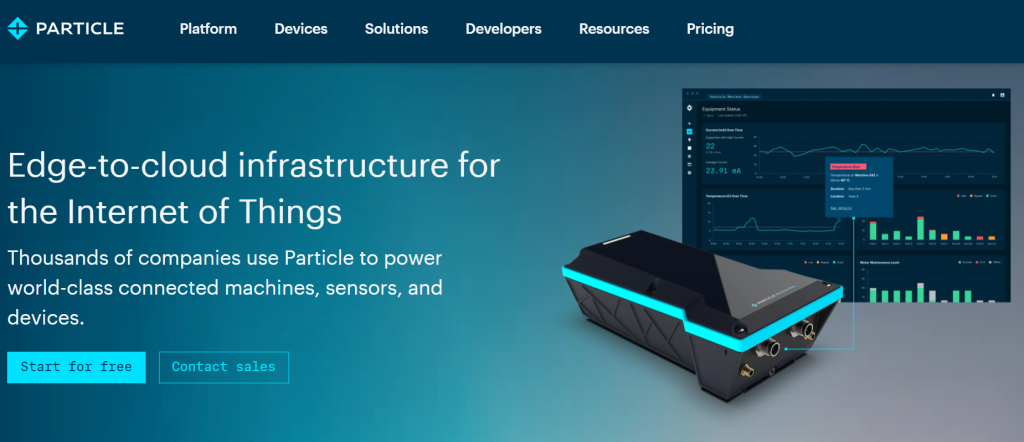
9. Blynk
Blynk serves developers looking for a simple and fast approach to prototype Internet of Things apps. Users can connect pre-built widgets for a variety of functions, such as device control, user interaction, and sensor data visualisation, using its visual programming interface. Blynk makes it simple for developers to design user interfaces for their projects by providing mobile apps for iOS and Android.
Blynk is great for quick prototyping, but for intricate, large-scale projects, its feature set could be too restrictive. Furthermore, there are restrictions on user connections and data storage in its free tier. Blynk is still a useful resource, nevertheless, for novices and those looking to quickly construct simple IoT prototypes with intuitive user interfaces.
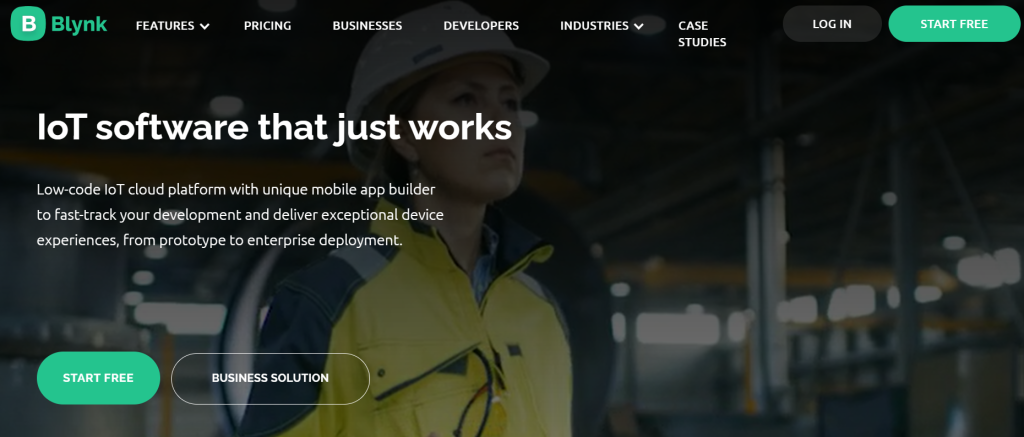
10. MQTT
Although MQTT isn’t strictly speaking a programming platform, it is an important protocol for Internet of Things communication. It’s a lightweight messaging protocol made to efficiently publish and subscribe to data topics on devices with limited resources. MQTT is a well-liked option for many Internet of Things applications, such as machine-to-machine communication, device control, and sensor data transmission, due to its scalability and ease of use.
MQTT integrates easily with many of the development platforms and tools listed above, such as Node-RED, Eclipse IoT, and AWS IoT Core. For developers creating applications that need for effective data sharing between devices and servers, understanding MQTT is essential.
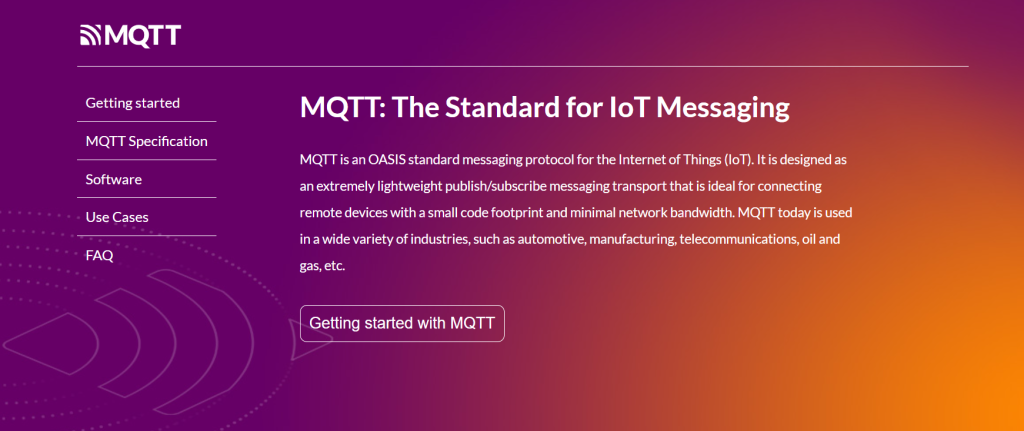
Conclusion
The IoT landscape continuously evolves, and developers need robust and reliable tools to create, deploy, and manage IoT applications. The top 10 IoT development tools and platforms mentioned in this article provide an excellent starting point for both beginners and experienced developers. By leveraging these tools, developers can build scalable, secure, and reliable IoT solutions to transform industries and improve our daily lives.

